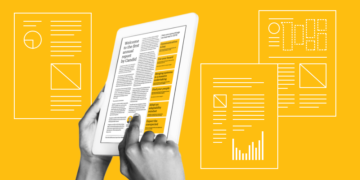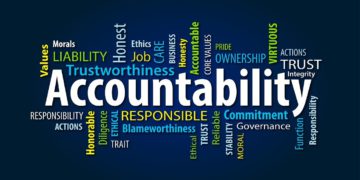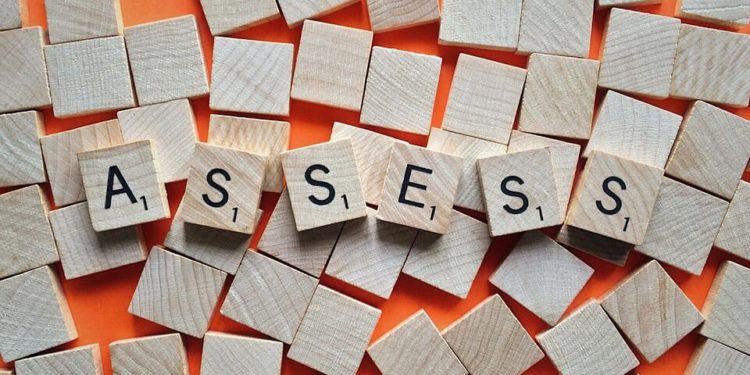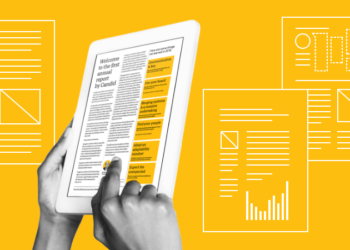I read an excellent article by Ron Carucci that appeared in the Harvard Business Review in December 2018. It discussed the need to go beyond symptoms when dealing with a leader who causes conflict.
The author advises looking at contradictions and breaks in the individual’s patterns of behavior to identify factors that might be affecting his or her performance.
He also notes that, when evaluating an individual, coaches need to be aware of their own personal biases. I agree this is critical. We all have life experiences and past relationships that lead us to false conclusions, and, based on this, one might conclude that any coaching relationship should begin with “objective testing”.
Interestingly enough, however, I’ve found that I can also be biased by seeing the results of a personality assessments before I meet with the individual.
When doing assessments for promotion, as opposed to coaching, I do look at personality tests before interviewing candidates because it saves time during the interviews, which are one-time sessions and usually limited to two hours or less.
But when coaching, where there will be a series of sessions, I like to talk with leaders before they take personality assessments so that I have a chance to form my own impressions..
Another reason I like to talk first with executives I’m coaching is that, if we’ve been able to connect and they’ve become more relaxed about the coaching process, they’re more inclined to give candid—as opposed to “right”—answers on the test. And this makes the results more useful.






































